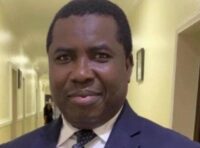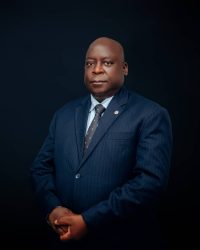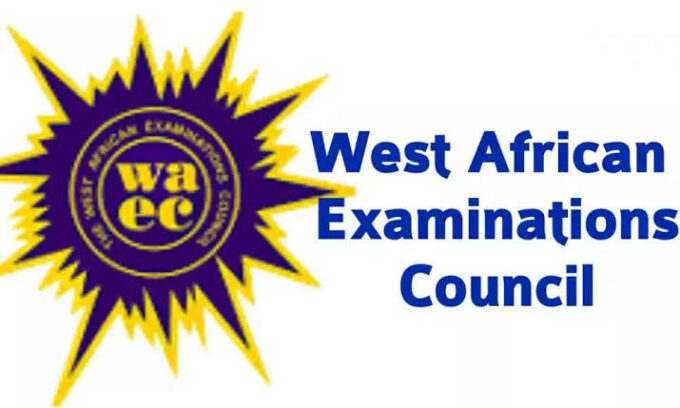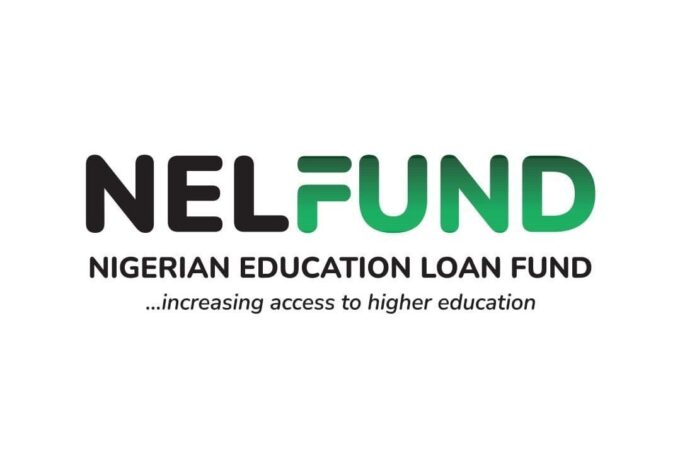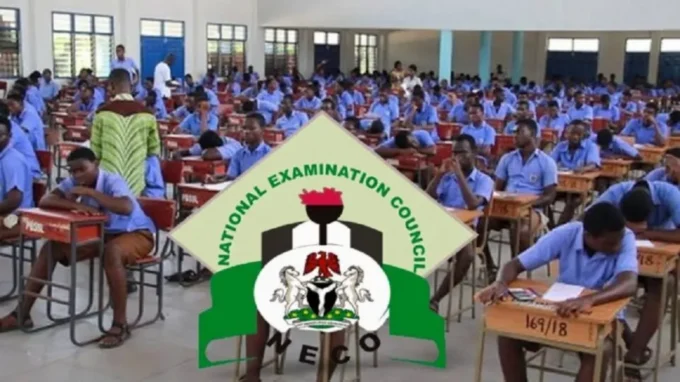The Universal Basic Education Commission (UBEC) has raised alarm over the failure of state governments to utilise more than N250 billion in intervention funds disbursed for basic education across the country, reports Business Today NG.
The Executive Secretary Dr. Aisha Garba made this disclosure on Monday, 21 July, 2025 at the opening of a three-day financial management training in Abuja, Nigeria’s seat of power.
Garba also revealed that the funds remain idle in the accounts of the 36 States’ Universal Basic Education Boards (SUBEBs) and the Federal Capital Territory Universal Basic Education Board (FCT-UBEB).
The training, themed “Efficient and Effective Management of UBE Intervention Fund, a Key to Successful Basic Education Service Delivery,” was organised for fund managers, Directors of Finance and Accounts, Internal Auditors, and Matching Grant Desk Officers from all SUBEBs.
UBEC boss, represented by the commission’s Deputy Executive Secretary (Technical), Razaq Akinyemi, said the Commission is deeply concerned that despite efforts to ensure equitable access to basic education, many states are yet to fully access or properly utilise the matching grant funds for critical projects.
According to her, the funds were intended to improve infrastructure and teaching conditions in public schools, but the inability of some states to deploy them effectively continues to hinder progress in the sector.
“The major challenge is not just accessing the UBE matching grants but the non-utilisation of these funds by states, which affects development in basic education,” she said.
She highlighted the importance of prudent financial management, saying the training underscores UBEC’s commitment to strengthening accountability and ensuring that every naira allocated for basic education is used to improve learning outcomes across Nigeria.
According to her, between January and June 2025 (6 Months), the sum of N92.4 billion, being UBEC matching grant, has been accessed by 25 States and FCT.
Garba further disclosed that the Commission disbursed N19 billion, being the 2023/2024 Teacher Professional Development (TPD) fund, to 32 States and FCT, and N1.5 billion School-Based Management Committee (SBMC) School Improvement Programme (SBMC-SIP) fund to 1,147 communities in the 36 States and FCT.
According to her, on assumption of duty in January 2025, her first official assignment was the supervision of the conduct of 46th Financial Monitoring of the utilisation of the FGN-UBE Intervention Fund in the North Central Region.
Garba said: “The exercise offered me the opportunity to identify some of the lapses associated with the management of the UBE funds at the State level such as slow access of UBE Matching Grant, slow utilisation of the fund, non- compliance with the fund utilisation guidelines, diversion of fund, non- deduction and remittance of taxes, non-compliance with the due process in the award of contracts for the execution of basic education projects as well as non-adherence to the approved Action Plan, to mention a few.
“In a bid to address these challenges, which I encountered firsthand, I initiated the review of the Utilisation Guidelines, developed a new template for the preparation of SUBEB Action Plans, and approved various capacity-building activities nationally and internationally for both UBEC and SUBEB personnel.
“I note with delight that this modest effort, in addition to our continuous engagement for improved practices in this regard, has led to increased access to the UBE fund by States.
“Accordingly, I am glad to inform this gathering that between January June, 2025 (6 Months), the sum of N92.4b being UBE Matching Grant has been accessed by Twenty-Five (25) States and FCT Furthermore, the Commission disbursed N19b being the 2023/2024 Teacher Professional Development (TPD) fund to Thirty-Two (32) States & FCT and N1.5b SBMC School Improvement Programme (SBMC-SIP) fund to 1,147 communities in the 36 States and FCT.
“While the above achievement reflects a significant gain, the basic challenge still remains not only accessing the remaining UBE Intervention Fund, but importantly, the slow utilisation of the Fund with over N250 billion still being retained as unutilised in the coffers of the 36 SUBEBS & FCT-UBEB as at today.
“This training therefore seeks to equip the fund managers with the skills required for making the necessary changes so as to address the challenge from issues of access, to timely utilisation as well as effective oversight and accountability at the grassroots. As many of you are aware, this training is not the first of its kind.”
Garba, however, noted that the Commission has, over the years, been consistent in its efforts to strengthen the financial management capacities of SUBEB officials through periodic training and retraining programmes.
According to her, these engagements have served not only as knowledge-sharing platforms but also as opportunities to align the financial operations of SUBEBs with the UBE mandate and ensure global best practice.
“This edition of the training is thus another critical milestone in our collective pursuit of ensuring transparency, accountability, and prudence in the management of public resources entrusted to us for the delivery of quality basic education.
“That is why we have carefully ensured that this particular training is expected to cover a range of pertinent areas including the new template for preparing SUBEB Action Plans, Overview of the Nigerian Tax Reforms Act, 2025, financial infractions, violations resulting in audit queries & red flags in the execution of UBE funded projects, Procurement Procedures, and maintenance of financial records, among others,” she added.
She reminded the participants that it is not the quantum of funds deployed to states that matters, but rather how efficient and effective the fund managers are in utilising the same for the benefit of the target learners.
UBEC boss added that the goal of UBEC is to ensure that participants understand and carry out the very crucial responsibility of ensuring that every naira allocated to the UBE programme is accounted for and effectively utilised in ways that add value and have a positive impact on the learning outcomes of the Nigerian child.
“To this end, I commend the resource persons that have accepted our invitation to lead the sessions and also urge them to be very professional in delivering the training content. I am confident that your wealth of experience and guidance will no doubt enrich the quality of this programme.
“I also charge all participants to be attentive, engage fully, and take advantage of this opportunity to ask questions, share experiences, and network with your counterparts across states,” she stated.
The Executive Secretary encouraged all participants to approach the training with an open mind, recommit to the principles of transparency, accountability, and excellence in service delivery, while urging them to embrace new perspectives that will improve our performance as UBE fund managers, going forward.
- Home
- Business
- News
- Tourism / Travels
- Entertainment
- Regulators
- More
- Businesstoday Conference/Awards
- Business Today Magazine
Latest News
Please Subscribe
subribe to get the latest news delivered to you free
Home Business Education UBEC Worries Over Failure Of States Yet To Utilise Over N250bn Basic Education Funds
EducationUBEC Worries Over Failure Of States Yet To Utilise Over N250bn Basic Education Funds

Share
Related Articles
WAEC Launches DigiCert System in Nigeria, Ghana, Others
BY MARY NJOKU—-The West African Examinations Council (WAEC) has announced the full...
ByBusinessTodayNGFebruary 17, 2026NELFUND Denies Alleged Diversion of Student Loan Funds at University of Abuja
Nigerian Education Loan Fund (NELFUND) has dismissed allegations of diversion or misappropriation...
ByBusinessTodayNGFebruary 13, 2026NABTEB, NECO Inaugurate Joint Committee to Harmonise Examination Operations
The National Business and Technical Examinations Board (NABTEB) and the National Examinations...
ByBusinessTodayNGFebruary 13, 2026
